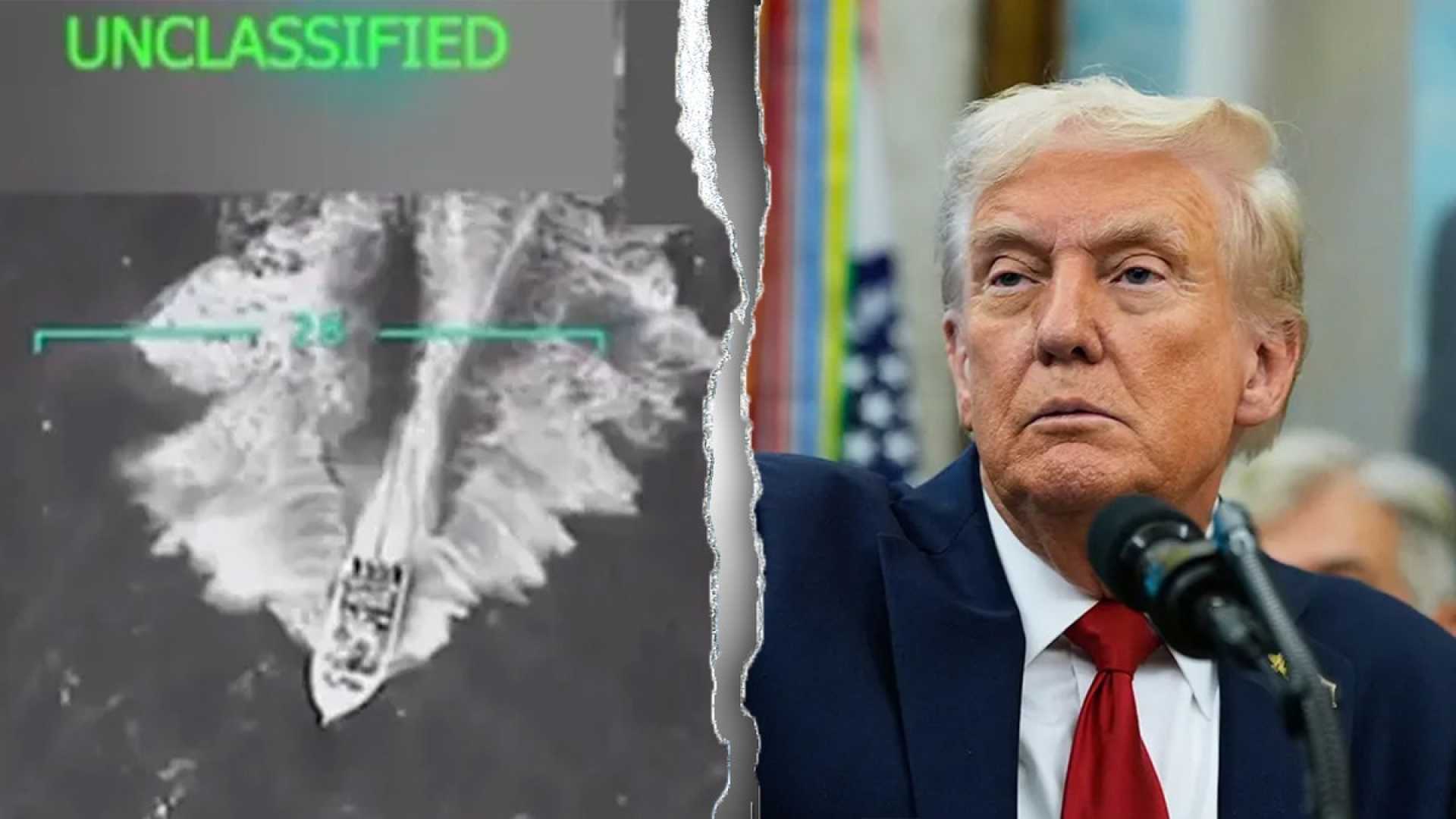News
U.S. Military Strikes Boat in Caribbean; Unprecedented Survivors Reported

WASHINGTON, Oct. 16 (Reuters) – The U.S. military conducted a strike against a suspected drug vessel in the Caribbean on Thursday. This incident, which is believed to be the first of its kind, reportedly left survivors among the crew, a U.S. official revealed under anonymity.
The official did not provide details about the operation and stated it was unclear if the strike was meant to allow survivors. This revelation has sparked questions about whether the U.S. military provided aid to the survivors and if they are now in custody as potential prisoners of war.
The Pentagon has described the targets of these strikes as narcoterrorists. However, the military has not responded to requests for comments regarding the latest incident. Previously conducted strikes have resulted in at least 27 fatalities, prompting concerns from legal experts and lawmakers who argue such actions might not comply with international laws of war.
Former officials from the Trump administration claimed these lethal operations are justified under the ongoing conflict with narcoterrorist groups from Venezuela. They emphasized the necessity of strikes during a time when traditional methods to apprehend crew members have failed to halt drug trafficking into the U.S.
The military buildup in the Caribbean features guided missile destroyers, F-35 fighter jets, a nuclear submarine, and approximately 6,500 troops, all amid escalating tensions with the Venezuelan government. President Trump has authorized the CIA to undertake covert operations in Venezuela, heightening speculations regarding an intent to oust President Nicolás Maduro.
In a letter to the United Nations Security Council, Venezuela’s U.N. Ambassador Samuel Moncada called for a determination regarding the legality of U.S. strikes off its coast, asserting Venezuela’s sovereignty. Less than a week before the strike, the Pentagon announced a shift in leadership for counter-narcotics operations, creating a new task force led by the II Marine Expeditionary Force.
On Thursday, Defense Secretary Pete Hegseth stated that the commander of U.S. Southern Command will depart at the end of the year, earlier than expected, inciting worries regarding policy tensions surrounding military operations in the region. The top Democrat on the Senate Armed Services Committee, Senator Jack Reed, expressed his concern over Admiral Alvin Holsey’s resignation—a move he deemed troubling given the current geopolitical climate.
“He is one of the latest leaders to depart amid a troubling trend,” Reed said in a statement. Reports suggest the White House’s drive for military operations has introduced complexities in traditional military leadership, with a rising number of senior officers being dismissed during hasty policy shifts.












